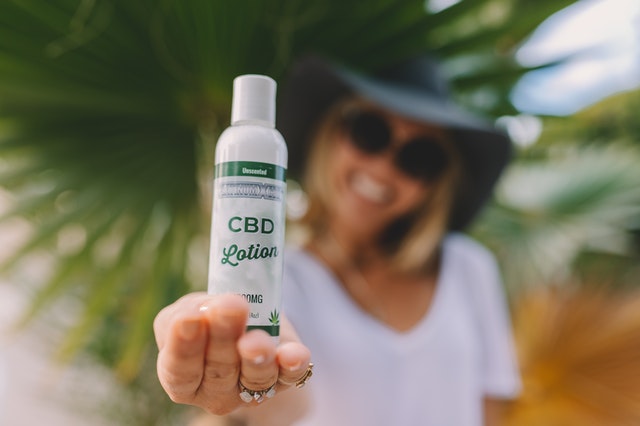While white labeling is a trending industry, CBD affects a body on the cellular level. That means that if you are an entrepreneur and you choose to white label CBD products, you should rigorously research any potential supplier. Otherwise, you could end up hurting those you want to help and up to your neck in legal problems. Likewise, if you are a consumer considering purchasing white label products, read this article first. You will be glad you did.
What is white labeling?
White labeling is a process that entails a brand purchasing products from a white label manufacturer to resell with one’s brand name on it. You might also have referred to similar products as generic.
For example, if your grocery store sells shampoo that says “compare to XYZ,” that is a white labeled product. The formula is like the brand name you love (XYZ), but the price is lower.
This might be safe in some instances, but do you want to take a chance with a wellness product?
4 Possible Pitfalls of White labeling CBD Products
Plenty could go wrong with a white labeled product. Below are four possibilities.
1- Inaccurately Reported Levels of CBD.
The FDA has issued warning letters to manufacturers who make false claims. Unfortunately, this means the product might not do what it says it does. [2]
2- Underreported THC levels.
In a CBD product, the concentration of delta-9 tetrahydrocannabinol (THC) must remain under 0.3%. When the product is within these limits, the FDA regulates it. Otherwise, it is marijuana, and the DEA regulates it. That means your business could face fines or worse. [1]
3- Poor Quality.
The best CBD is created in a clean laboratory setting with high-quality standards. Is the laboratory an ISO-certified lab?
4- Toxins.
It is common for a farmer to use pesticides, but it is dangerous on Cannabis. Dr. Beckerman of Purdue University reminds us that when Cannabis is concentrated, any chemicals present are also concentrated. This is inherently dangerous. [3]
If you plan to white label a CBD product, you must research the manufacturer. Ensure laboratory testing takes place in an ISO-certified lab. Check reviews. Check the link to the FDA below- is the manufacturer on the list of manufacturers cited for inaccurate labels?
Research is equally important for consumers. CBD is a fantastic wellness product, but not all formulas are the same.
References
1- Debrowska et al. (2020, January 21). FDA Regulation of Cannabidiol (CBD). Washington D.C.: Congressional Research Service. Retrieved from https://crsreports.congress.gov/product/pdf/R/R46189
2- U.S. Food and Drug Administration. (2021, August 05). Warning Letters. Retrieved from U.S. Food and Drug Administration : https://www.fda.gov/news-events/public-health-focus/warning-letters-and-test-results-cannabidiol-related-products
3- Wallheimer, B. (2018, December 20). Legal hemp raises questions about pesticides. Retrieved from Purdue University: https://www.purdue.edu/newsroom/releases/2018/Q4/legal-hemp-raises-questions-about-pesticides.html










